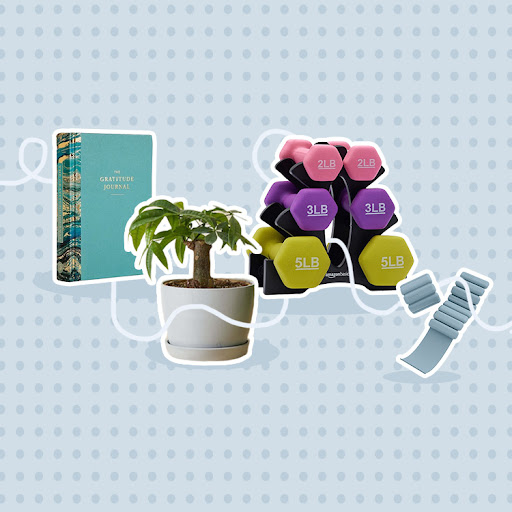Hobbies and Their Mental Health Benefits

Photo Source: Aryana Johnson
March 9, 2023
Several factors, ranging from repetitive tasks to events that alter your daily routine, might have an impact on your mental health. And while there are numerous methods we can actively use to enhance our mental health, one sometimes disregarded, is Hobbies. Hobbies allow you to participate in things that interest you and relieve stress, and after a difficult day or week at work, you will frequently find yourself looking forward to joining in on your activity. A pastime is more than just something you do for yourself; it is something you put time and effort into because it makes you happy and sparks your interests.
The Health Benefits:
Lowering Stress Levels
Your stress levels will decrease if you keep yourself entertained in your free time. Adults who practiced art discovered the activity to be calming, pleasant, and productive, according to a study carried out by Dr. Ken Duckworth, the chief medical officer of the National Alliance, the session strengthened their motivation to keep working on their skills. More significantly, this study’s participants’ cortisol levels were assessed before and after these sessions. It was discovered that following the sessions, cortisol levels significantly decreased. The human stress hormone is associated with an increase in cortisol levels as a result of your body’s response to stress. Doing this is going to leave a huge impact on your life and health as hobbies allow you to pursue greater goals without the weight of unessairy stress in your life.
Improves Social Life
Hobbies are crucial for a person’s socialization. Hobbies help you build relationships, become a more interesting person, gain endurance and confidence, and improve your capacity for overcoming obstacles as you work on building a social life. Meeting people who share your interests in the same things you do might be beneficial. Coming together to find like-minded people will allow you to not only expand your knowledge on your preferred topic but allow you to form lifelong friendships.
Improves Coping Skills
According to research, participating in group activities like team sports or working for a cause you care about can improve your communication skills and foster positive interpersonal interactions. Due to our busy life cycle, the majority of people experience mental stress, sadness, anxiety, and other mental struggles. To cope with these daily struggles, we need hobbies. Doing something you enjoy and find relaxing is the best way to unwind.
How To Start New Hobbies:
1. Find Something You Are Interested In
Think about what you are actually interested in for a bit. This could include a wide variety of activities such as creating art, experimenting with a new fitness routine, learning an instrument, baking, writing, and everything in between. You can also enroll in courses or lessons to further branch out and gain professional experience. Alternatively, you could think of regular tasks like organizing, reading, training a pet, or cooking as viable hobbies. These are low-cost and simple to implement into daily life.
2. Structure Your Time
People often feel they do not have time for hobbies, which is one of the main reasons why they don’t pursue them. Even though our work may keep us quite busy, it is still possible to schedule some time each week for our hobbies. Be mindful of your current leisure activities. You might be shocked by the amount of time you could replace with a pastime, rather than staring at a screen. We are considerably more likely to stick with our hobbies once we set aside time for them.
3. Focus on the Purpose
Finally, it is critical that we keep our personal interests distinct from our drive to be productive. Our achievement-focused culture can make it difficult for us to detach from our work, earnings, and deadlines. Consider hobbies independent of anything that requires productivity. Hobbies should be low-stress, enjoyable pastimes for our downtime and, most importantly, they should make us truly happy.
